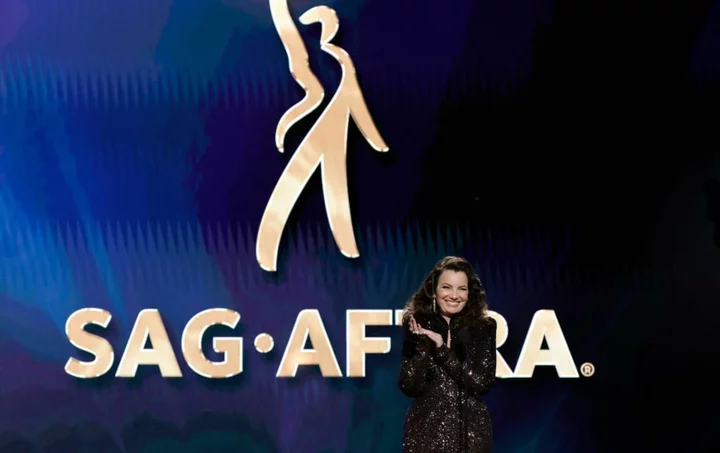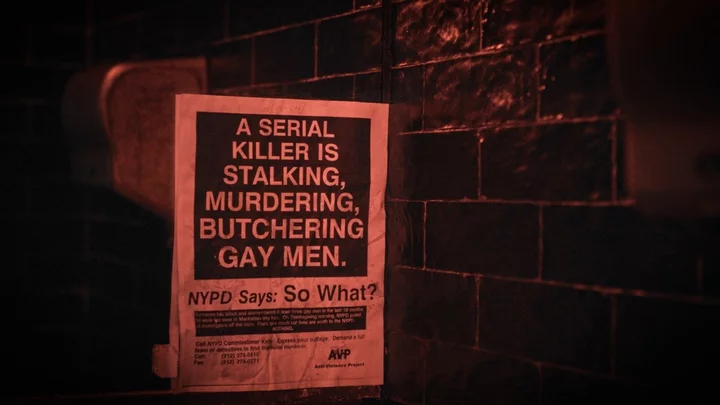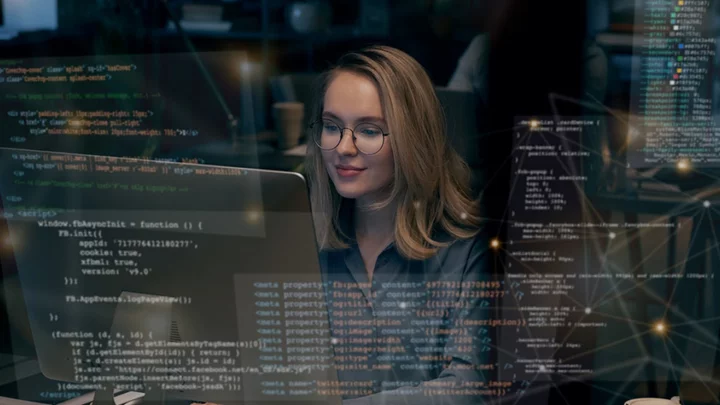Thousands of film and TV actors may go on strike at the end of this month. Members of the Screen Actors Guild - American Federation of Television and Radio Artists (SAG-AFTRA) have authorised the move, following the Writers Guild of America's (WGA) ongoing industrial action and the Directors Guild of America's tentative new deal.
Almost 65,000 SAG-AFTRA members cast a ballot to determine whether to authorise a strike, amounting to approximately 48 percent of eligible voters. Polls closed at 5 p.m. ET on Monday, with just under 98 percent voting in the affirmative.
To be clear, this doesn't mean Hollywood's actors are definitely going on strike. However, SAG-AFTRA's National Board is now empowered to start one if upcoming negotiations with the Alliance of Motion Picture and Television Producers (AMPTP) break down.
The negotiations between SAG-AFTRA — which represents a diverse range of film, TV and radio performers and writers, stunt-people and even puppeteers — and AMPTP concern TV/Theatrical Contracts, and are scheduled to begin on June 7. If these discussions fail, the National Board will be able to call for a strike when current contracts expire at midnight on June 30.
SEE ALSO: Hollywood writers are on strike. Here’s what that means for your favourite TV shows."As we enter what may be one of the most consequential negotiations in the union's history, inflation, dwindling residuals due to streaming, and generative AI all threaten actors' ability to earn a livelihood if our contracts are not adapted to reflect the new realities," said SAG-AFTRA's National Executive Director and Chief Negotiator Duncan Crabtree-Ireland.
"This strike authorization means we enter our negotiations from a position of strength, so that we can deliver the deal our members want and deserve."
Though the negotiations will cover a wide range of issues, SAG-AFTRA does have a few key concerns it will aim to address. These include compensation and economic fairness, the lack of regulation around self-taped auditions resulting in "unreasonable requirements," and the use of artificial intelligence in productions.
"Artificial intelligence has already proven to be a real and immediate threat to the work of our members and can mimic members’ voices, likenesses and performances," reads the SAG-AFTRA website. "We must get agreement around acceptable uses, bargain protections against misuse, and ensure consent and fair compensation for the use of your work to train AI systems and create new performances."
Artificial intelligence is also a significant concern for the WGA, which has been on strike for over a month after its own negotiations with AMPTP broke down. The WGA had requested that the use of AI be regulated and the technology banned from writing literary material, but AMPTP refused and instead offered "annual meetings to discuss advancements in technology."
If AMPTP takes a similar approach in its discussions with SAG-AFTRA negotiations, it's likely we could see actors forming their own picket lines next month.









